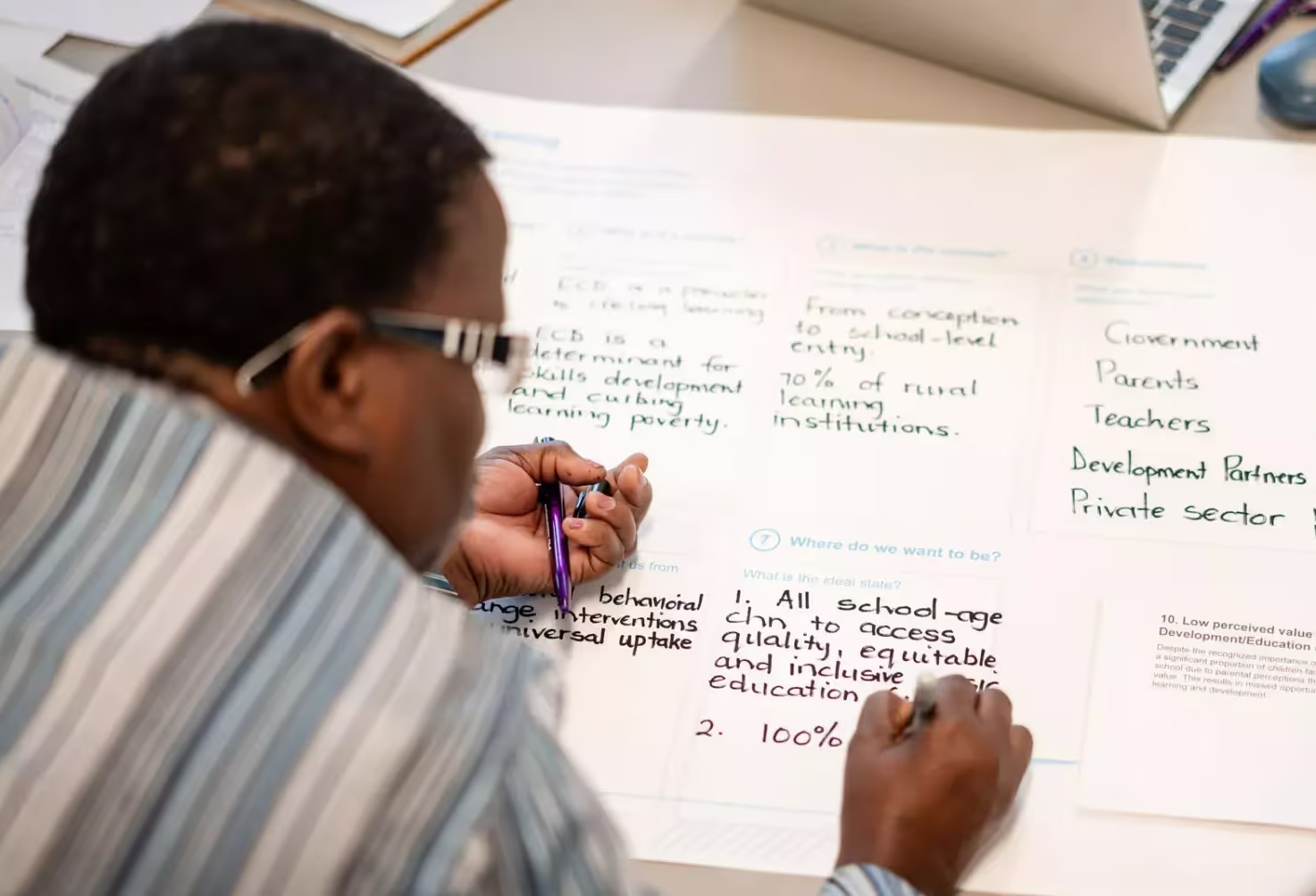GovStack

Our focus is to enable countries to kickstart their digital transformation journey by adopting, deploying, and scaling digital government services. Through the digital building blocks approach, governments can easily create or modify their digital platforms, services, and applications by also simplifying cost, time, and resource requirements. Our approach starts with research and development to inform design specifications based on best practices of generic reusable digital components, or building blocks. Next, the collaboration will move towards creating a model digital government services platform, which will demonstrate elements of reuse across services and sectors (i.e., use cases). The design specifications and the resulting government platform model will be available as “digital public goods” for use by the global community, with a focus on procurement and implementation in a low-resource context. Read more about our approach at http://govstack.global


.avif)

